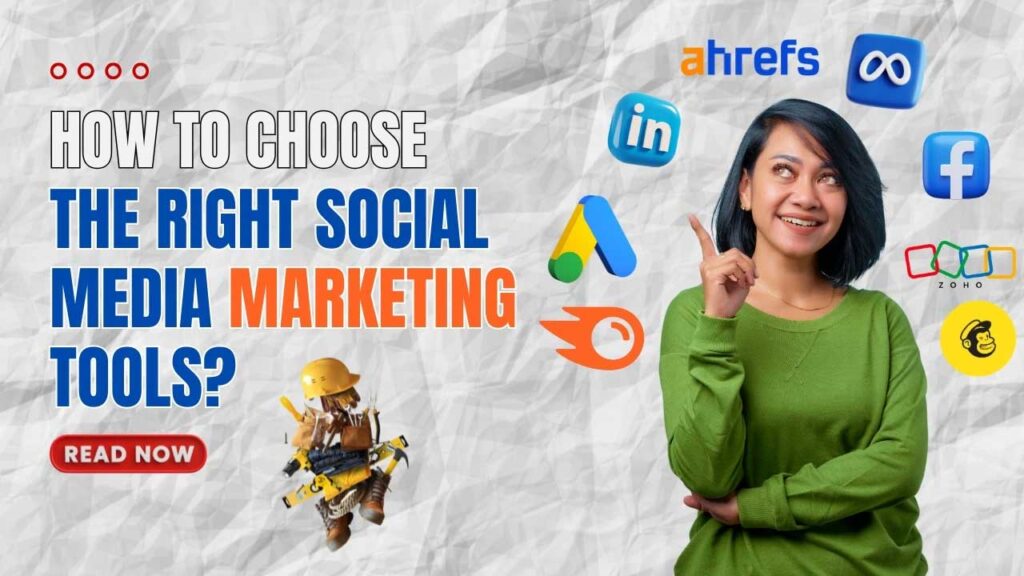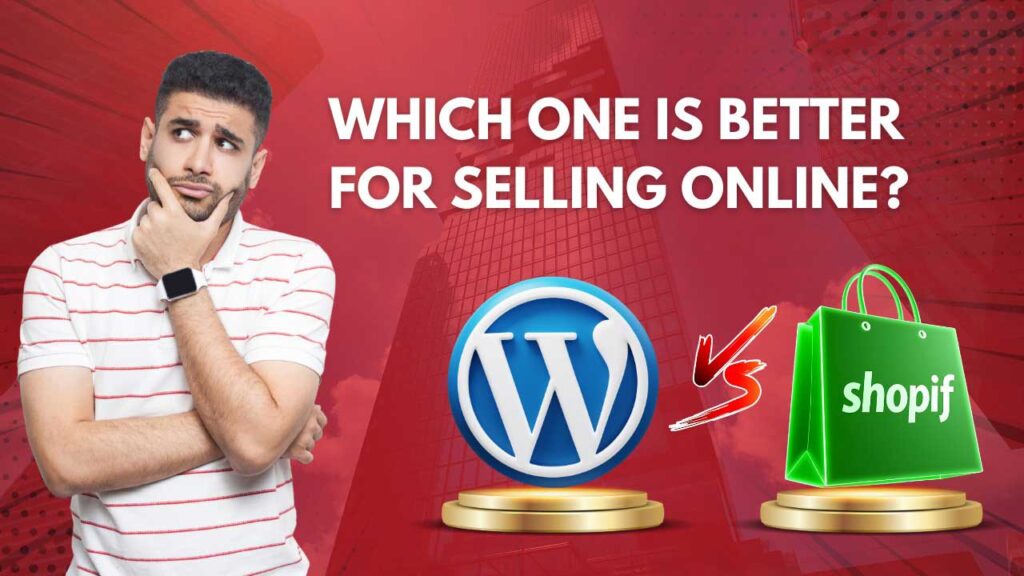Andheri’s 2025 Digital Marketing Trends: AI,Voice Search & Short-Form Vide
Imagine it’s early morning in Andheri, and you’re just sipping your first coffee of the day while scrolling through your phone, which is already bombarded with so many ads, emails, and push notifications. Some catch your eye, some don’t even register, and a few, well, feel like they were written by someone who’s been eavesdropping on your thoughts. Welcome to digital marketing in 2025, which is personal, intelligent, data-driven, and surprisingly rooted in human behaviour more than ever before! In this dynamic neighbourhood of Mumbai, where high-rises rub shoulders with creative studios, start-ups, cafés, film producers, and tech innovators, digital marketing is evolving as well as transforming at such a pace that’s hard to match. If you’re a business based in Andheri or Andheri West, you’ve probably already asked yourself the question: How do I find a digital marketing agency in Andheri that actually gets it? The Scenario in Andheri: Digital Trends That Matter! People living in Andheri are not just online, but they’re always connected, constantly exploring, comparing, consuming, and creating. All the local cafes are promoting new menu items via Instagram Reels, while D2C fashion brands are leveraging WhatsApp automation for flash sales. Hence, we can see that the digital presence of these businesses is sharp, ambitious, and always one step ahead. So, if you’re hoping to make your business stand out in this kind of competition, then you definitely need more than a few boosted posts. What are the latest digital trends in Andheri? Surge in influencer collaborations with nano and micro creators for hyperlocal reach Growing use of AI tools like ChatGPT for internal content creation Focus on community-led campaigns driven by customer-generated content Integration of Augmented Reality for product previews, especially in lifestyle and retail Voice search optimization embedded into SEO strategies for real-time queries WhatsApp Business automation and personalized chatflows for direct sales The big shift? AI has moved from the back room to the front row now. You will see agencies across Andheri are not only using tools like ChatGPT to write ad copy but also training clients to leverage such tools to get faster approvals, better headlines, and quicker go-to-market strategies. Tools for predictive analytics, social listening, and content automation are part of everyday operations now. In fact, when someone in Andheri says they need a “digital campaign,” what they usually mean is they want something sharp, measurable, and intelligent, and something that knows what the customer wants before they do. It’s not unusual for a real estate client in Andheri West to ask for automated lead scoring or a fitness studio to run chatbot-powered membership drives. That’s the level of expectation. And if your agency can’t deliver that, well, someone else surely will. Searching With Voice, Talking With Brands Below is an example of what’s happening across almost all the households and office cabins in Andheri every single day: “Hey Google, which digital marketing agency in Andheri West works with real estate brands?” “Alexa, who can help with influencer marketing campaigns near me?” More people are searching like this now. They speak to their devices the same way they speak to people around them in a casual and quick tone, and expect results that sound local and feel personal. That’s why voice-search optimization has also become a non-negotiable. Agencies here are updating website content, metadata, and even FAQ sections to match how real people speak. Because if someone’s saying it, there’s a very good chance they’ll find you only if your content sounds the same. But First – How to Choose the Best Digital Marketing Company in Andheri? This question gets asked at networking events, community meetups, and over coffee more times than you’d think. And while there’s no formula, there are some definite signals you should look out for. First, ask to see outcomes and not just decks. A good agency should be able to walk you through campaigns they’ve run for their previous or existing clients and show actual results. These results can include leads captured, ROAS improved, followers gained, traffic grown, and more, and not just vanity metrics. Then, explore how they’ve responded to any crisis or any algorithm changes, especially in Meta and Google Ads. Did they pivot quickly or just complain about drops? Second, find out if they collaborate. If yes, then how? Some of the best agencies in Andheri work like extensions of the in-house team. Apart from just taking briefs, they are discussing, advising, poking holes in your assumptions, and making smarter recommendations that evolve with your brand. Third, check their understanding of the local context. Mumbai’s consumer base is diverse, but Andheri has its own pulse formed by many young professionals, artists, entrepreneurs, film folks, tech geeks, and expats. All of them co-exist in this chaotic, inspiring, and creative energy. A digital marketing agency in Andheri West that doesn’t understand who’s walking into Versova cafes or who’s shopping in Lokhandwala won’t be able to run campaigns that click. Period. How AI Is Changing The Game in Local Marketing How does AI impact marketing strategies here? AI isn’t some cool optional tool anymore. In fact, it’s embedded in everything now. Businesses in Andheri, such as clothing boutiques, salons, grocery stores, pet accessory brands, etc, are actively using AI to personalize their offers, schedule social media posts, analyze sentiment, and even predict customer churn. What’s more, these agencies are also training clients to use AI. Therefore, it’s no longer a secret sauce now but an expected feature everywhere. You can think about an e-commerce brand operating out of a co-working space in Andheri East that might use AI-generated creatives for A/B testing while relying on machine-learning-powered analytics dashboards to refine their targeting weekly. Another brand could be running sentiment trackers across review platforms to make tweaks in their campaigns the very next day. So if you’re looking for a digital marketing agency in Andheri West that’s still treating AI as an “add-on,” you’re probably not getting the real deal. Because what





